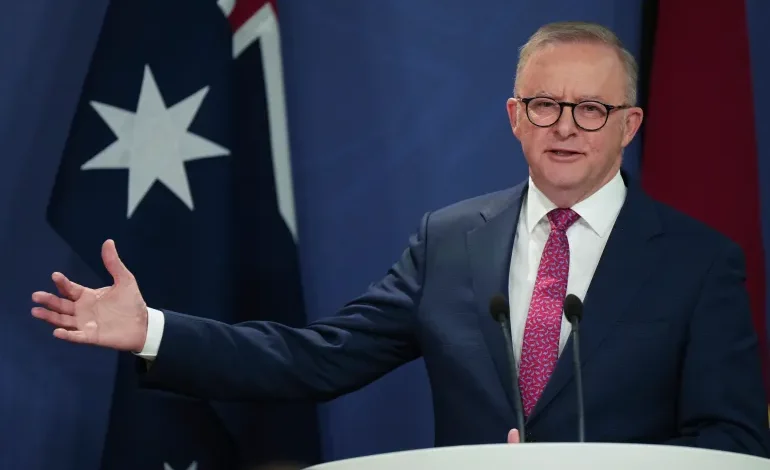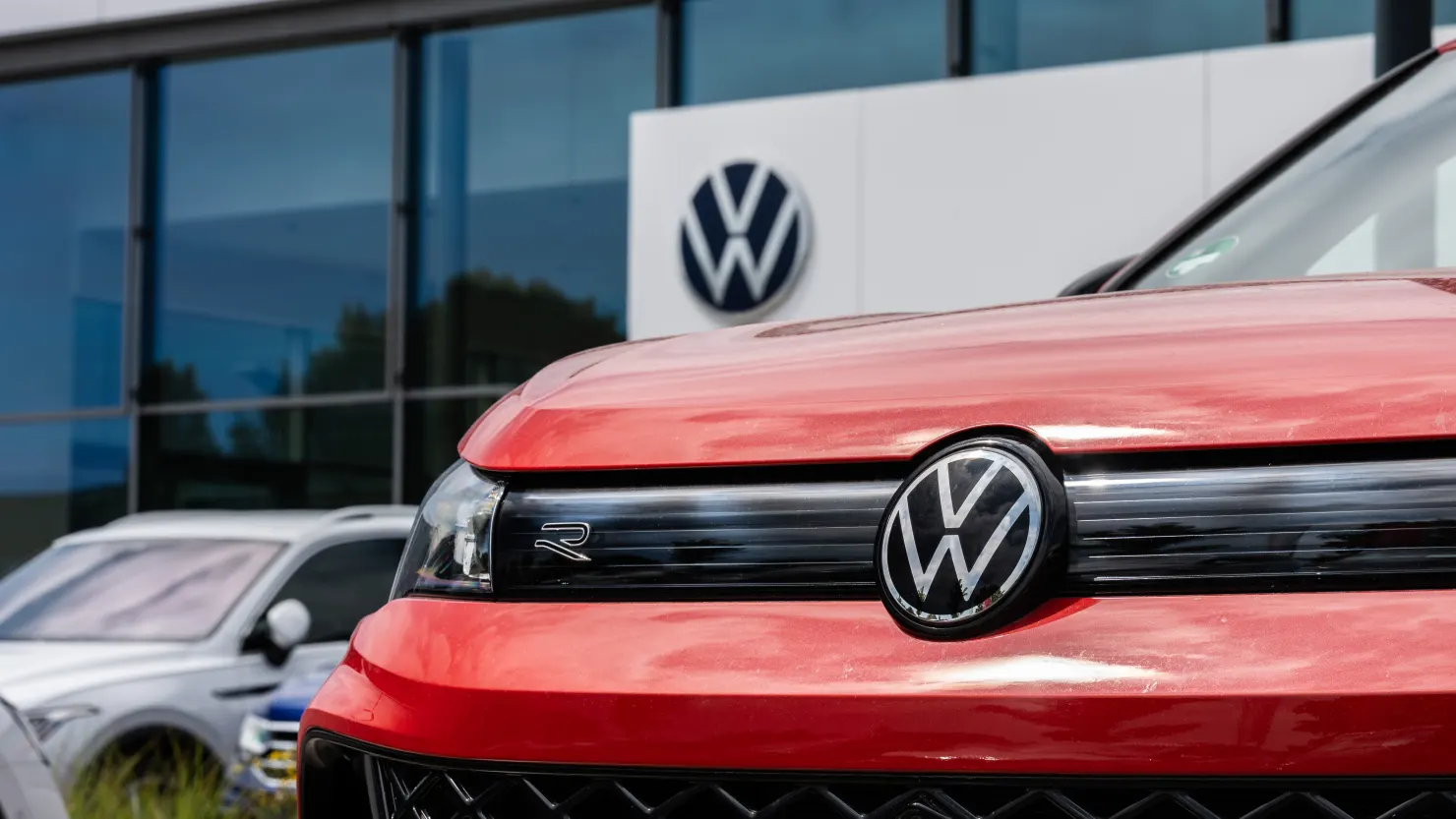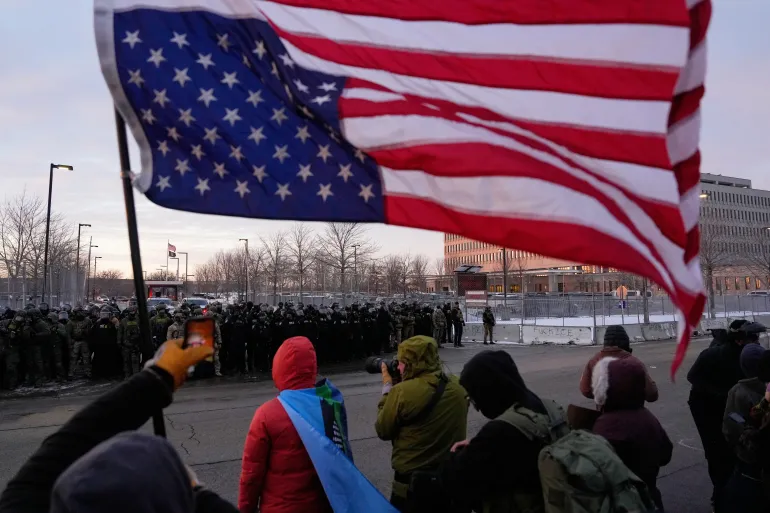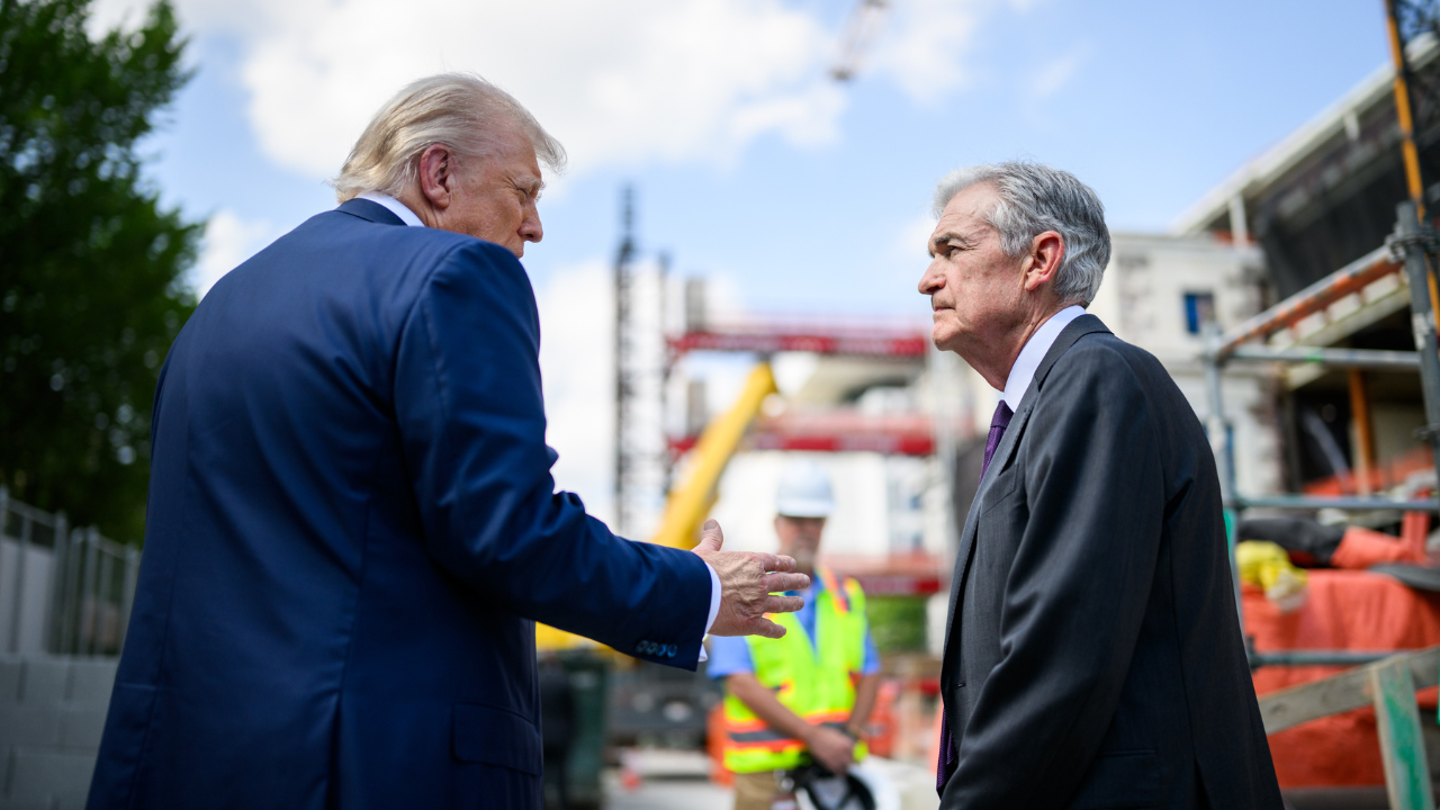Australian Election Called for May 3 Amid Cost-of-Living Crisis

Australian Prime Minister Anthony Albanese has announced a national election for May 3, seeking a second three-year term for his Labor Party amidst mounting pressure over the rising cost of living, Al Jazeera reports.
The election is shaping up to be a tight contest, with polls suggesting a neck-and-neck race between Labor and the Liberal-National Coalition, led by former police detective Peter Dutton.
Albanese framed the election as a choice between his government’s plan to “keep building” and the Coalition’s proposed cuts to government spending.
“What I want is a campaign about policy substance and about hope and optimism for our country,” he stated at a press conference on Friday. “I’m optimistic about Australia. That’s one of the big distinctions in this campaign.
However, Labor faces a significant hurdle. Opinion polls indicate the party is struggling to maintain its lead after defeating the Coalition in 2022. This decline is largely attributed to widespread discontent over soaring cost-of-living pressures, particularly the chronic shortage of affordable housing.
Australia is facing a severe housing affordability crisis, with the median price-to-income ratio nearly doubling between 2002 and 2024. A Gallup poll last year revealed that over three-quarters of Australians are dissatisfied with the availability of affordable housing in their area, a stark 31-point increase since 2020. Of the 13 countries surveyed, only Turkey had a higher proportion of people dissatisfied with the housing situation.
Since taking office, Albanese pledged to oversee the construction of 1.2 million new homes by the end of the decade. However, the government’s construction drive has been slow to gain momentum, with the Urban Development Institute of Australia estimating that the target is on track to be missed by 400,000 dwellings.
Dutton has capitalized on this discontent, proposing a five billion Australian dollar ($3.15bn) plan to facilitate the construction of 500,000 new homes. His plan also includes measures to curb demand, such as cuts to immigration and a two-year ban on foreign investors and temporary residents buying property.
Dutton has accused Albanese of focusing on a “failed referendum” regarding Indigenous issues instead of addressing the “bread-and-butter” concerns of everyday Australians.
“Australia is going ‘backwards’,” Dutton declared on Friday.
Beyond housing, other key issues expected to dominate the election campaign include healthcare, immigration, energy, and climate change.
Albanese has committed to substantial investments in green manufacturing and renewable energy sources like solar and wind power. In contrast, Dutton is advocating for a shift towards nuclear power, proposing the construction of seven nuclear power plants and two small modular reactors.
While either Labor or the Coalition are expected to win the largest share of the vote, polling data suggests support for both major parties is at record lows, raising the possibility of a hung parliament. If neither party secures a majority in the 151-seat House of Representatives, they will need to negotiate with the left-leaning Australian Greens or independent MPs to form a minority government. Australia’s last minority government occurred in 2010, when Labor’s Julia Gillard secured the support of the Greens and three independent members.









The latest news in your social feeds
Subscribe to our social media platforms to stay tuned